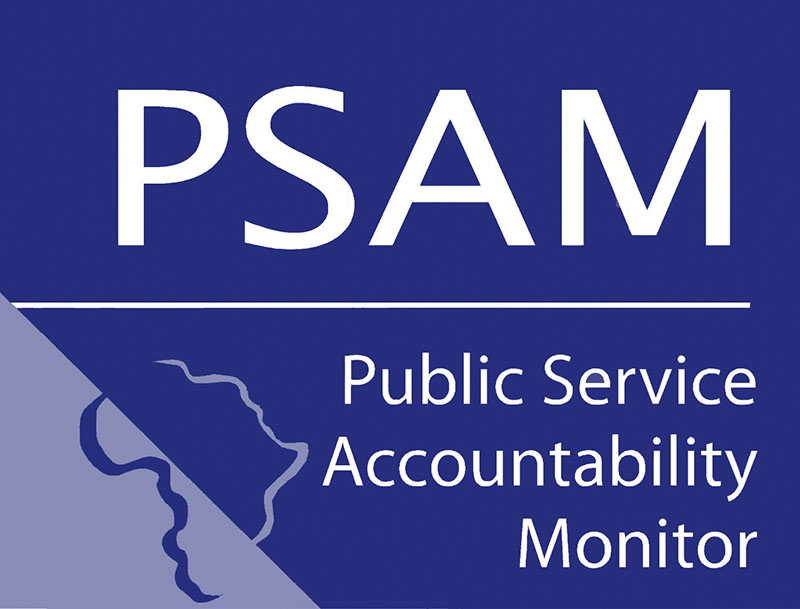By the PUBLIC SERVICE ACCOUNTABILITY MONITOR
The Public Service Accountability Monitor (PSAM) notes the tabling of the Medium Term Budget Policy Statement (MTBPS) and Adjusted Estimates of National Expenditure (AENE) by the Minister of Finance, Enoch Godongwana, on 11 November 2021.
Given the context in which the COVID-19 pandemic exacerbated existing public service burdens and placed increased pressures on public finance management systems (PFM), actions to safeguard public resources and optimise social spending are ever-vital. In his Budget Speech, Minister Godongwana acknowledged the adverse impact on social expenditure resulting from government bailouts to dismally managed state enterprises in excess of R 290 billion since 2013.
These bailouts have drawn funds away from social services and seriously undermined constitutional rights, commitments and responsibilities. Bailouts have also occurred despite serious and extended PFM failures within many state enterprises. Meaningful consequence management for such failures is long overdue.
The resourcing of key public institutions tasked with revenue collection, data collection and preventing or addressing PFM abuses is vital to achieving national development objectives. Despite this – in the February 2021 budget, institutions that foster state capability collectively had their budgets reduced by 21.8% from the 2019/20 budget. A further decrease by 40.1% in 2022/23 was projected. This included reductions of R 1.3 billion and R 996.7 million to the South African Revenue Services (SARS) and Statistics South Africa budget, respectively, over the Medium Term Expenditure Framework (MTEF).
The allocation to the Special Investigating Units (SIU) is expected to be cut by R 134.2 million over the MTEF. This is despite the SIU existing capacity constraints and its vital role in recovering public money lost through acts of corruption in state institutions. The SIUs own 2021/22 Annual Performance Plan cites its current funding context as a risk to its ability to sustain operations for its investigative work. No adjustments were made to the SIUs budget in the 2021 AENE.
There is a need for decisive consequence management to confront ongoing fruitless and wasteful expenditure incurred by state-owned entities. This includes inefficient procurement practices, contract management and overpayments by entities like Eskom, as revealed by the Auditor-General in the recent Budget Review and Recommendations Reports deliberations.
The PSAM is deeply concerned by these trends and calls on the Cabinet and National Treasury to take steps to mitigate the risks of budget reductions to the baselines of key institutions tasked with, amongst others, revenue collection and recovering funds used for illegal purposes. Weakened state institutions and poor oversight boost opportunities for rampant corruption.
By ensuring that the above public institutions are adequately resourced (budgets and expertise) and by engaging those most affected by failures in public resource management, South Africa will be better positioned to enhance the social benefits of public spending. This includes concerted efforts to deepen transparency and public participation in fiscal policy. The PSAM is encouraged by initial progress in introducing the pilot pre-budget consultations held in September 2021. We urge the National Treasury to ensure continued momentum and inclusion of multiple stakeholders as the pilot grows.
The stalling of the Draft Public Procurement Bill is a cause for concern. We note Minister Godongwana’s assertion that the National Treasury is reaching ‘final stages of finalisation of the Bill’. While we’re encouraged by this, we caution against processing the Bill without fully considering and engaging with public comments made to date transparently and inclusively.
Lastly, we reiterate calls by the Budget Justice Coalition for the government to fulfil its obligation to utilise the maximum of its available resources to fulfil socio-economic rights in South Africa.


